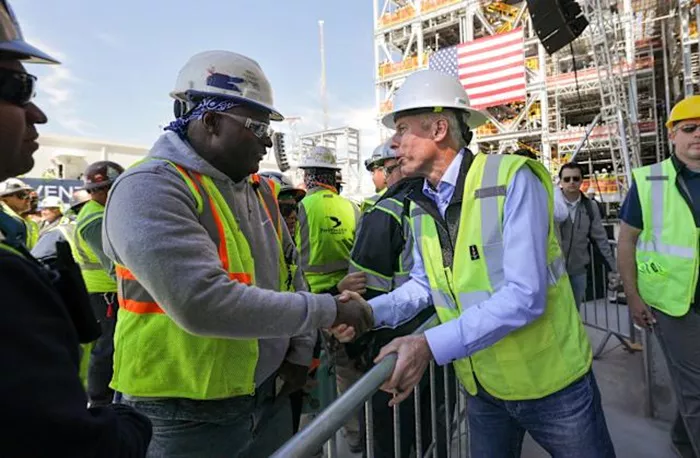The Trump Administration has rescinded licenses for oil giants BP and Shell, along with their partners, to operate natural gas projects offshore Venezuela, a move that will disrupt plans to supply gas to Trinidad and Tobago. This development, confirmed by Trinidad and Tobago’s Prime Minister Stuart Young, highlights escalating tensions over Venezuela’s oil and gas industry.
Since taking office in January, U.S. President Donald Trump has intensified sanctions against the Venezuelan oil sector, tightening restrictions on foreign companies operating in the country, which holds the world’s largest proven oil reserves. The U.S. has already revoked licenses for Chevron and European firms, including Maurel & Prom, as part of an ongoing effort to limit Venezuela’s oil exports.
In a related action, the U.S. Treasury Department has issued a wind-down license to allow companies like Maurel & Prom, Spain’s Repsol, and Italy’s Eni to wind down their operations in Venezuela by May 27, 2025. However, the latest move directly impacts the offshore natural gas industry, notably the Dragon gas field development, a joint venture between Shell, Trinidad and Tobago, and Venezuela’s state-run PDVSA.
The Trump Administration had previously granted a license to Trinidad and Tobago in early 2023, facilitating its participation in the Dragon field’s development in partnership with Shell. This decision was driven in part by the U.S. goal to enhance energy security in the Caribbean region. But with the revocation of both the Dragon project and the Cocuina-Manakin gas field development, involving BP, Trinidad and Tobago now faces increased vulnerability in its natural gas production.
Prime Minister Young has stated that his government will seek talks with U.S. officials to emphasize the critical importance of these gas projects for Trinidad and Tobago’s energy security and the broader regional stability. The latest sanctions mark a significant shift in U.S. policy, impacting not only Venezuela but also its neighbors in the Caribbean.

